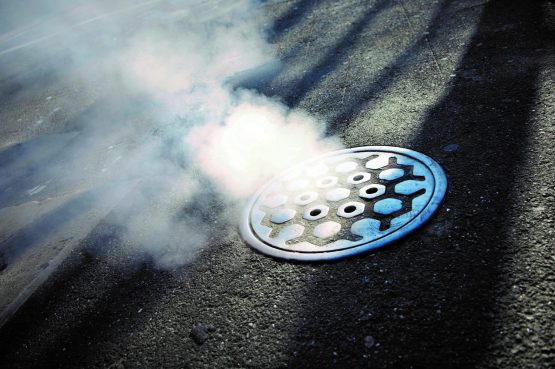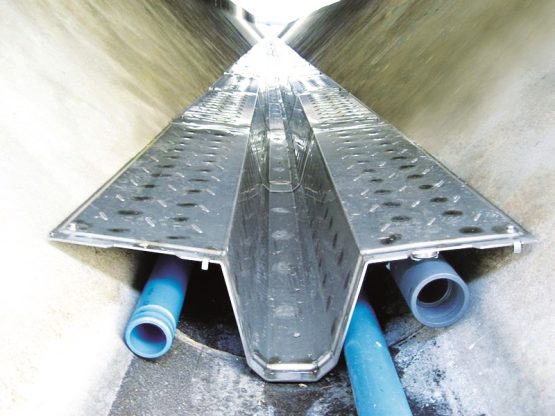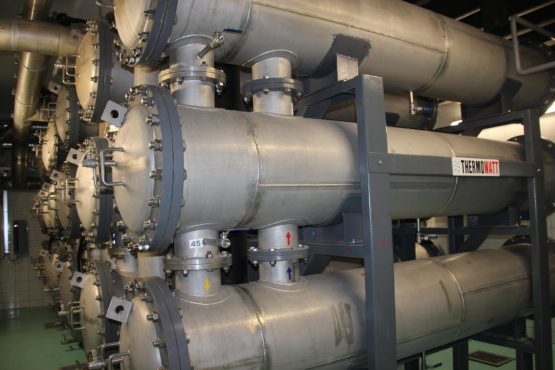Energy potential from the "underground"
Washing hands, showers, laundry, dishes, businesses - enormous amounts of wastewater are produced everywhere throughout the day. Wastewater is still considered a "dirty matter" and flows unused into the sewage system. But this supposedly "dirty" water can easily and efficiently be turned into "clean" energy. Rabmer is a specialist in this field, using the latest technologies and offering customized solutions.
Over 40% of the world's energy requirements are used for heating and cooling buildings alone. To date, almost exclusivelyCO2-critical energy sources have been used for this purpose. The high energy potential of wastewater is still hardly used in Austria. The Upper Austrian family business Rabmer now wants to change this. For some time now, the environmental technology specialist has been working on innovative technologies for generating energy from wastewater heat and offers a highly efficient and environmentally friendly solution to this problem. Innovative technologies, shorter amortization times and the new Austrian climate and energy strategy are reasons enough to focus more on these technologies in the future. As wastewater has an almost constant temperature all year round, this potential can be used all year round, regardless of external influences. Such systems are suitable for heating and cooling residential and office buildings, public facilities, hospitals, student residences, retirement homes, industrial and commercial facilities, canteen kitchens, sports facilities and swimming pools. In Switzerland, Scandinavia and Germany, heat has been successfully recovered from wastewater for three decades in some cases. There are now many reference projects throughout Europe for the successful use of energy from wastewater technologies. The largest project to date was realized in Hungary in 2014. A military hospital in Budapest was equipped with a system with a heating capacity of 3.8 MW and a cooling capacity of 3.2 MW. This is roughly equivalent to the heating and cooling requirements of around 400 single-family homes.
Austria is still lagging behind in this respect, although calculations show that up to an eighth of all Austrian households could be heated with heat from wastewater.
Innovative technologies and individual solutions
Hot wastewater can be used to heat water on the one hand and to heat and cool buildings on the other, thereby saving fossil fuels in a highly efficient manner. The wide range of possible applications begins with the use of heat exchangers in showers and ends with the use of sewer wastewater energy for the complete heating and cooling of building systems or feeding into district heating systems. In order to ensure the best technological and economical energy generation for each project, the environmental technology specialist Rabmer develops customized concepts based on different products and technologies. Rabmer can also take over the operation of these systems at the customer's request.
Ulrike Rabmer-Koller, Managing Director of the Rabmer Group, is certain: "This environmentally friendly method of energy generation is becoming increasingly important, finally also in our home market of Austria. The ever more sophisticated technologies have significantly reduced the amortization period, which means that more and more customers are interested in this system. We look forward to being able to implement many energy from wastewater projects in the future and thus send a strong signal in terms of sustainable energy generation."


